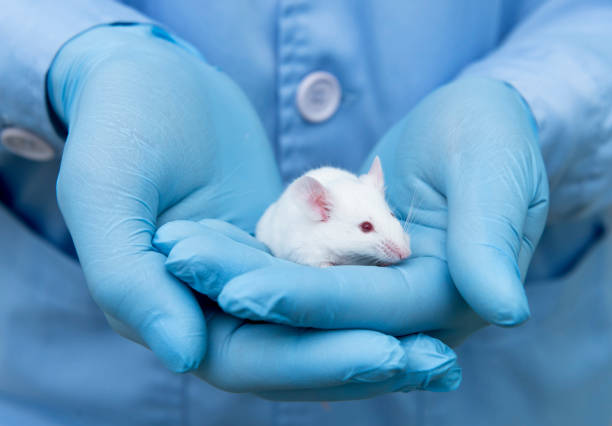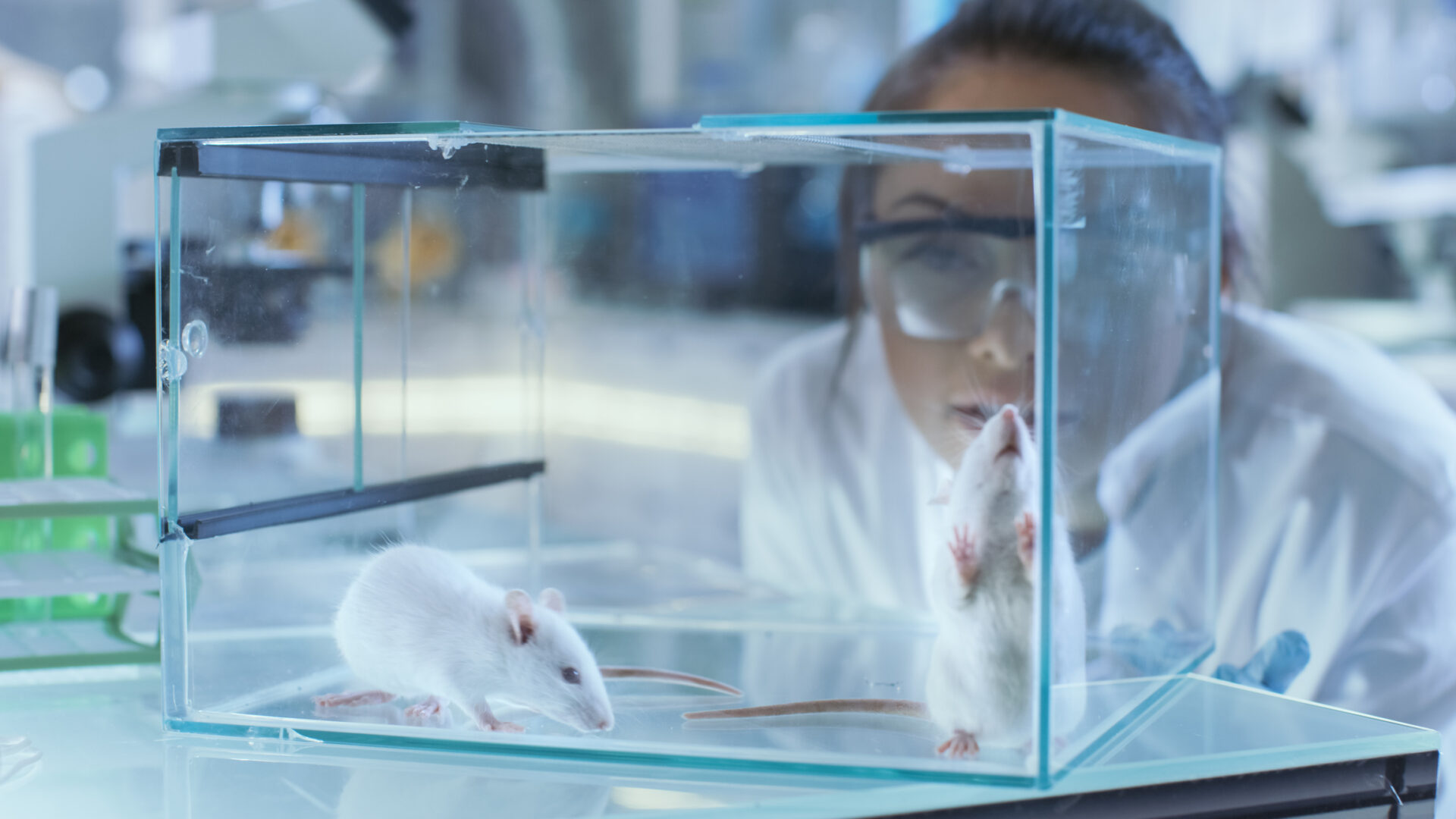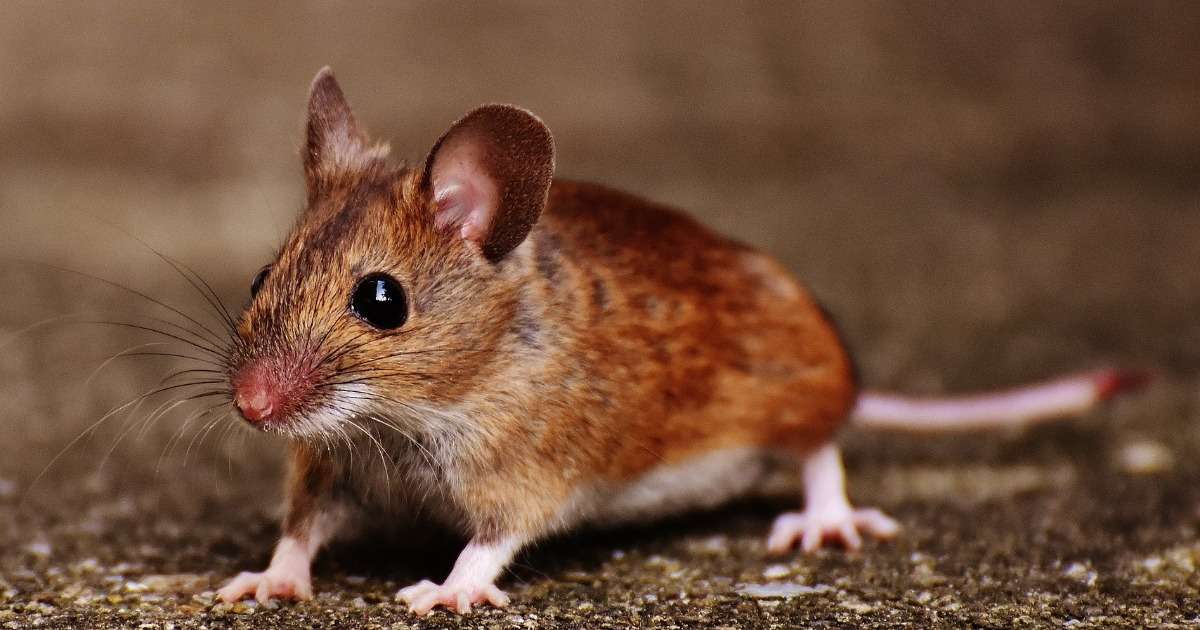
Small Experimental Mouse Is On The Researcher’s Hand
A group of researchers at McGill University were studying the stress hormone levels in male mice spiking in response to exposure to female mice that were in late-stage pregnancy. The researchers’ report in Science Advances elaborated: “Male mice display stress and stress-induced [pain inhibition] in the close proximity of late-pregnant or lactating female mice.”
They continued: “We also observe in our own hands, as has been seen before, that late-pregnant and lactating female mice respond to gonadally intact stranger male mice with aggression and urine marking.”
Male mice become aggressive and even infanticidal towards pups in order to protect their own genes. That’s why female mice that are in their late stage pregnancy and also lactating emit chemicals that keep male mice away from them.
Professor Jeffrey Mogil, senior author, told Live Science: “Rodents and a lot of mammals other than humans are reliant on their olfactory senses. Urine scent-marking is well known, but what we’ve found here is a new message that has never been described before in mammals.”
Mogil continued, “We’ve seen a lot of olfactory messages being sent from males to females, but there are fewer examples of females sending them to males. Most of these messages have to do with sexual behavior, but in this case, sex has nothing to do with it at all. The females are telling the males to stay away, otherwise be prepared for me to beat the crap out of you if you touch my pups.”
So what does any of this have to do with bananas? Interestingly, bananas actually emit the compound n-pentyl-acetate, which is the same compound found in female mice’s urine during pregnancy and lactation, and happens to be one of the compounds that elicited the most dramatic effect in the male mice’s hormone changes.
The study expounds: “n-Pentyl acetate is very similar in its chemical structure to isoamyl (or isopentyl) acetate, and both are found in a variety of fruits and used to produce banana oil/extract.”

Medical Research Scientists Examines Laboratory Mice Kept In A Glass Cage. She Works In A Light Laboratory.
In order to check this, the team purchased banana oil extract and placed a bit inside of the male mice’s cages. They then measured the level of their stress responses, which were seen to increase after the banana oil was added. The researchers said that this stress response was similar to the response that mice that are about to fight would experience.
The study continued: “Although maternal attack does not always succeed in preventing male intruders from committing infanticide, any threat of violence is likely to produce stress in both parties, and maternal aggression has been shown to directly produce stress-induced [pain inhibition] in males measured after the attacks.”
The team also said: “What we demonstrate presently is that stress-induced [pain inhibition] in male mice can be observed even in the absence of actual maternal aggression; the mere threat of such aggression is enough and that this threat is communicated via volatile urinary compounds.”
The team then concluded: “The current findings suggest that close proximity of male subjects to reproductively active females is a previously unknown stressor for the males and that stress may even be caused by the proximity of certain foodstuffs.”

The Compound Is Found Both In Bananas And Female Mice Urine During Late Stage Prenancy








